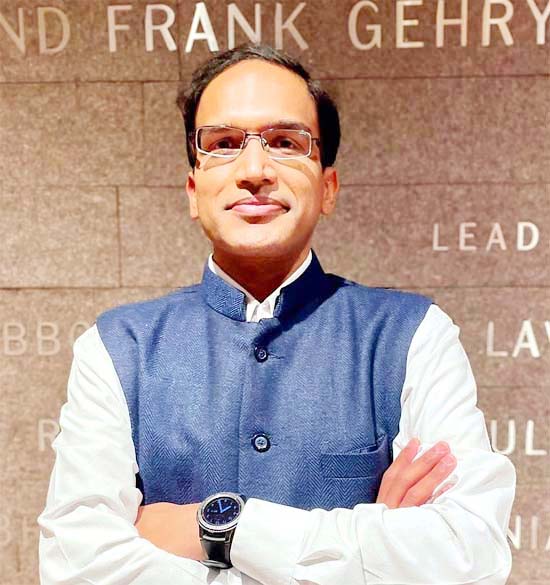Bhubaneswar: International scientists are sounding the alarm: complacency regarding COVID-19 and other infectious diseases could lead to significant public health challenges in the near future. The warning comes as new variants of the coronavirus continue to circulate, even as widespread testing has decreased, obscuring the true extent of current infections.
The initial outbreak of COVID-19 in India began with the first detected case in Kerala on January 3, 2020, followed by Odisha’s first patient on March 16 of the same year. Despite stringent measures like lockdowns, the pandemic ultimately infected over 45 million people nationwide and tragically claimed approximately 550,000 lives. Odisha alone saw over 1 million infections and an official death toll exceeding 7,000.
India’s robust vaccination drive saw over 102 crore (1.02 billion) people inoculated against the virus, with many receiving multiple doses and boosters to enhance immunity. The Indian government played a crucial role by providing free vaccination services across all states.
The global fight against COVID-19 was a testament to international scientific collaboration. Vaccines developed abroad by companies like AstraZeneca and Moderna were distributed worldwide.
An Indian connection to this vital research comes from Odisha’s own Dr. Swayam Prakash, a young scientist who, as a researcher at the University of California, played a leading role in the development of the Moderna vaccine.
Dr. Swyam Prakash continues his impactful work, researching vaccines and medicines for various other diseases, as well as the lasting “post-Corona” conditions, often referred to as Long COVID.
In a recent interview, Dr. Swayam Prakash highlighted the ongoing spread of different COVID-19 viruses. This year, India has officially reported over 6,000 new infections and 19 fatalities.
However, with reduced testing, the precise number of current infections in India and globally remains largely unknown. Recent reports indicate the presence of new variants like NB.1.8.1 (“Nimbus”) and XFG, which are being closely monitored for their transmissibility and potential impact. While current data suggests these variants may cause milder illness in vaccinated individuals, their rapid spread warrants caution.
Dr. Swyam Prakash strongly urged the public, especially students, to adopt preventive measures. His advice includes:
- Wearing masks in crowded public places.
- Avoiding unnecessary gatherings.
- Immediately consulting a doctor if symptoms of cold or fever appear.
- Undergoing necessary tests and taking prescribed medication.
- Adhering to other general preventive measures like hand hygiene.
He expressed concern that without widespread awareness and proactive measures, the health situation could deteriorate significantly within the next three to four months.
This call for vigilance serves as a critical reminder that while the initial waves of the pandemic may have receded, the virus continues to evolve. Continued adherence to public health guidelines and prompt medical attention for symptoms are essential to safeguard individual and community health.


